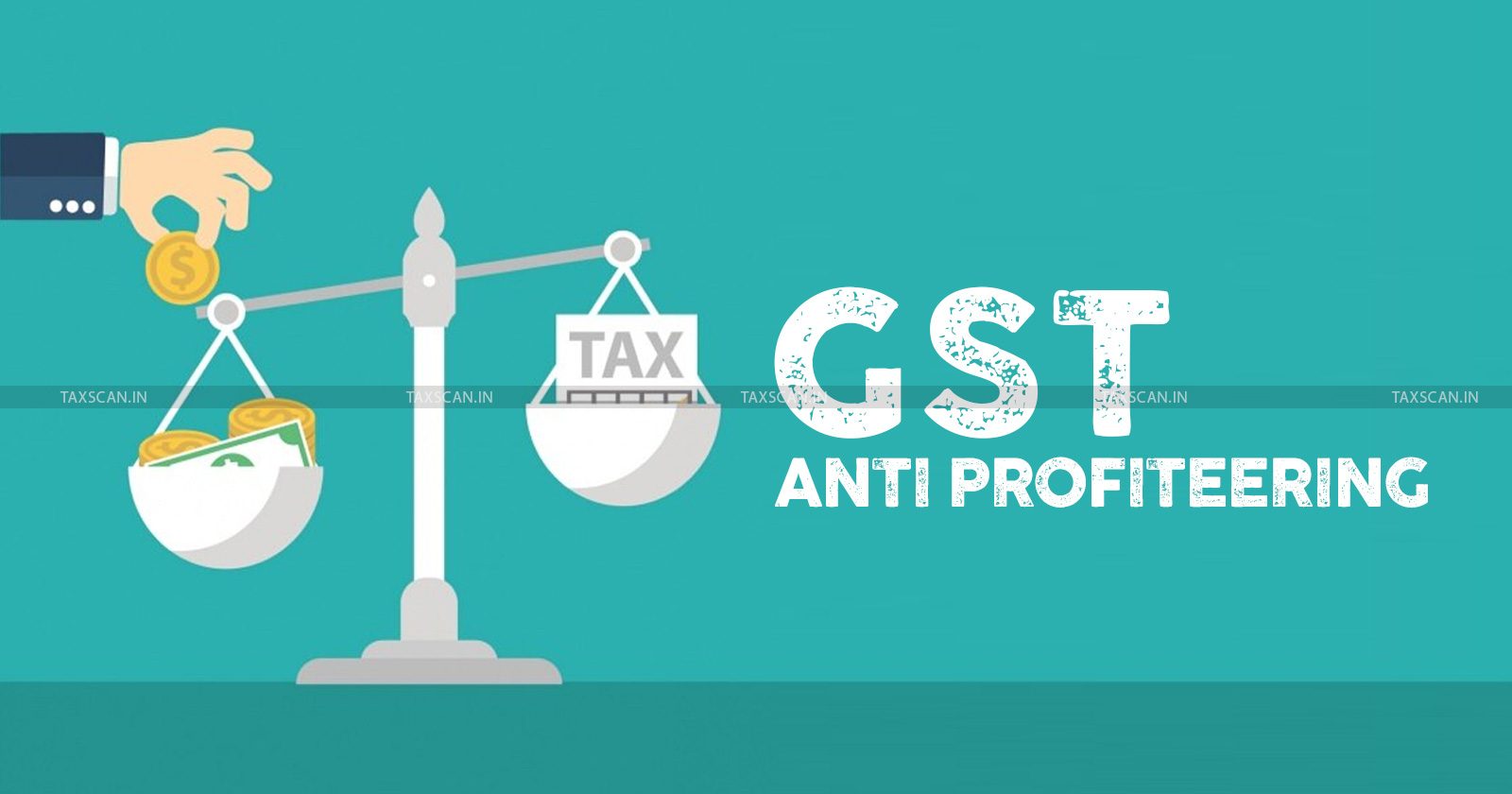Constitutional Validity of GST Anti Profiteering Provisions: Supreme Court issues Notice to Centre
Issuing notice to Central Govt, SC is set to hear on Constitutional Validity of GST Anti Profiteering Provisions

The Supreme Court issued a notice to the central government on Monday, seeking a response in a case challenging the constitutional validity of anti-profiteering provisions under the Goods and Services Tax Act.
A three-judge bench, led by Chief Justice of India DY Chandrachud, has agreed to hear the appeal arising out of an order of the Delhi High Court that upheld the constitutional validity of these provisions.
Last month, the Delhi High Court had upheld the constitutional validity of Section 171 of the GST Act, which says that the suppliers of goods and services should pass on the benefit of any reduction in the rate of tax or the benefit of input tax credit to the recipients by way of a commensurate reduction in prices.
The Delhi High Court, led by a bench consisting of Acting Chief Justice Manmohan and Justice Dinesh Kumar Sharma, rendered a verdict on Monday affirming the validity of legal provisions associated with the Goods and Services Tax ( GST ) National Anti-Profiteering Authority (NAA).
Read More: Set Back to Market Dominants: Delhi HC upholds Validity of GST Anti-Profiteering Provisions
The verdict was delivered on a batch of cases, encompassing more than 100 petitions filed by various entities, including prominent names such as Philips India, Reckitt Benckiser, Gillette India, and Procter and Gamble Home Products.
If the benefit is not passed on to the recipients of the goods or services, it is known as 'profiteering'. This provision is a consumer welfare measure introduced in the public interest, the high court said.
The High Court acknowledged the possibility of instances where there might be arbitrary exercises of power under the anti-profiteering mechanism. However, it emphasized that the remedy for such cases is to set aside the order on its merits rather than striking down the provision itself, which vests such power in the authority.
Support our journalism by subscribing to Taxscan premium. Follow us on Telegram for quick updates


